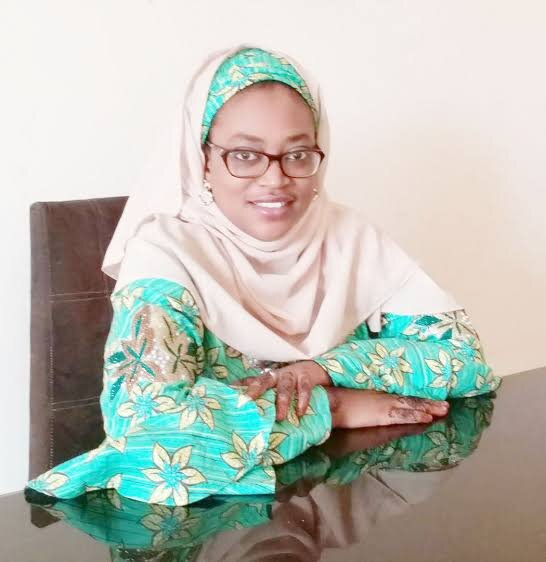Summary of the Event
The event kicked off at 7am GMT with a morning yoga video performed by Adriene.The Virtual Symposium hosted over 25 renowned sustainability leaders, environmentalists, researchers, specialists on health, botanic conservation, resource management sustainable agriculture and building from around the world. Speaker such as Jeffrey Sachs, Adenike Akinsemolu, Marc Rosen, amongst others share their insights on our path towards sustainable development.
LISTEN TO PODCAST
ABOUT THE SPEAKER
Michael Waas is the Global Vice President of Brand Partnerships at TerraCycle, an international leader in recycling difficult-to-recycle waste and the circular economy. .
ABOUT THE MODERATOR
Amina holds a B.Sc. (Architecture, Ahmadu Bello University, Zaria, an M.Sc. (Environmental Design of Buildings, Cardiff University) and a PhD in Archit-ecture from Newcastle University both in the UK.
Q & A
Amina Batagarawa: According to Dr. Akinsemolu in The Principles of Green and Sustainability Science, challenges of waste management in developing economies are exacerbated by issues of governance. What corrective measures should be taken in these countries by individuals, businesses, and society to check these issues of governance?
Michael Waas: In developed economies there is a highly standardized, formalized waste management sector. In most emerging economies and in most of the world that is an informal sector and so we see communities and waste pickers cohort emerging to fill the void which is important to realize that provides an important waste management function and economic function, and that provides income for many farmers globally. In creating guidelines and governance, it’s crucial to provide safe guards and measures that allow the enfranchisement and the ability to regulate the waste management industry in a way that provides for public and address this public health and safety measures that also acknowledges the critical role that the informal waste economy plays in waste management globally. Recently, 18 months ago, Terracycle Global Foundation was launched which focuses on taking many of the learning that terracycle has gathered over the last 20 years of doing this work and seeks to make them available to emerging economies and communities in the world.
Amina Batagarawa: What policies should be enacted to incentivize the waste management sector as a viable platform for job opportunities?
Michael Waas: There is a great example of legislation that was passed in Brazil some years ago. The National Solid Waste Law that mandated companies to recover through recycling at a percentage of waste compared to the production and it required the important stabilization that are percentage of that volume be collected through collapse which is part of the informal waste economy in Brazil and so in that way this National Waste Law includes the informal sector which is a crucial part of the waste management economy in Brazil as part of the formal Federal Law. I think that is a model that can be used in other regions because it includes an allocation and focuses on including that important sectors while addressing waste issues.
Quotes
“what we found truly as waste is a modern invention ”
“...throughout the entire history of the natural world, there was no waste because it doesn’t exist in nature the output of every system becomes the input for another.”
FURTHER READING
Wilson, David & Velis, Costas & Rodic-Wiersma, Ljiljana. (2013). Integrated sustainable waste management in developing countries. Proceedings of the ICE - Waste and Resource Management.
Vidyadhar Durgekar. (2015).Towards Sustainable Waste Management through Technological Innovations, Effective Policy, Supply Chain Integration & Participation. Elsevier.









